How my turbulent childhood pushed me into an obsession with wellness when I became a mother
“I realised that wellness felt like some insurance that I would not end up in my mother’s position.”
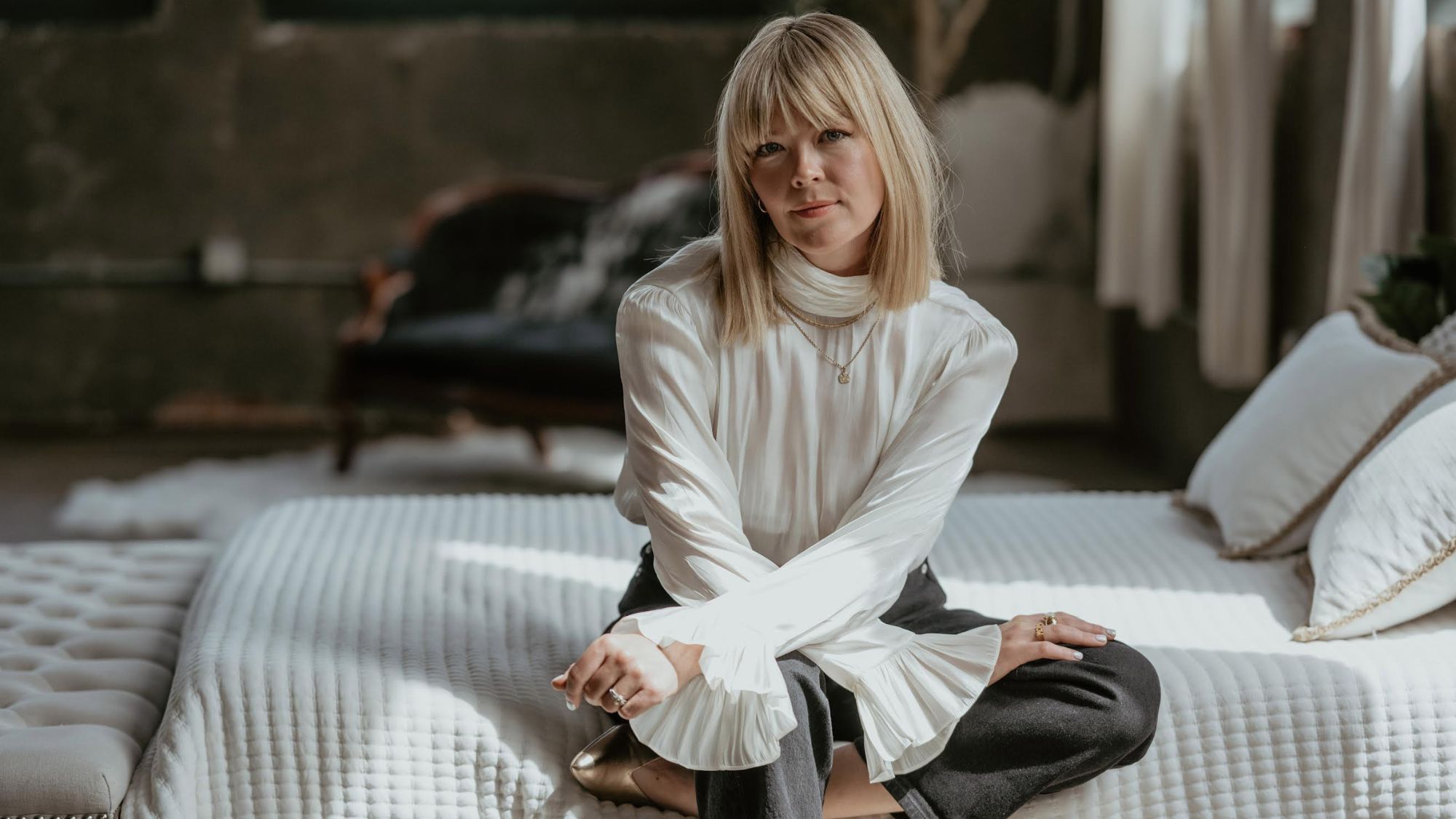
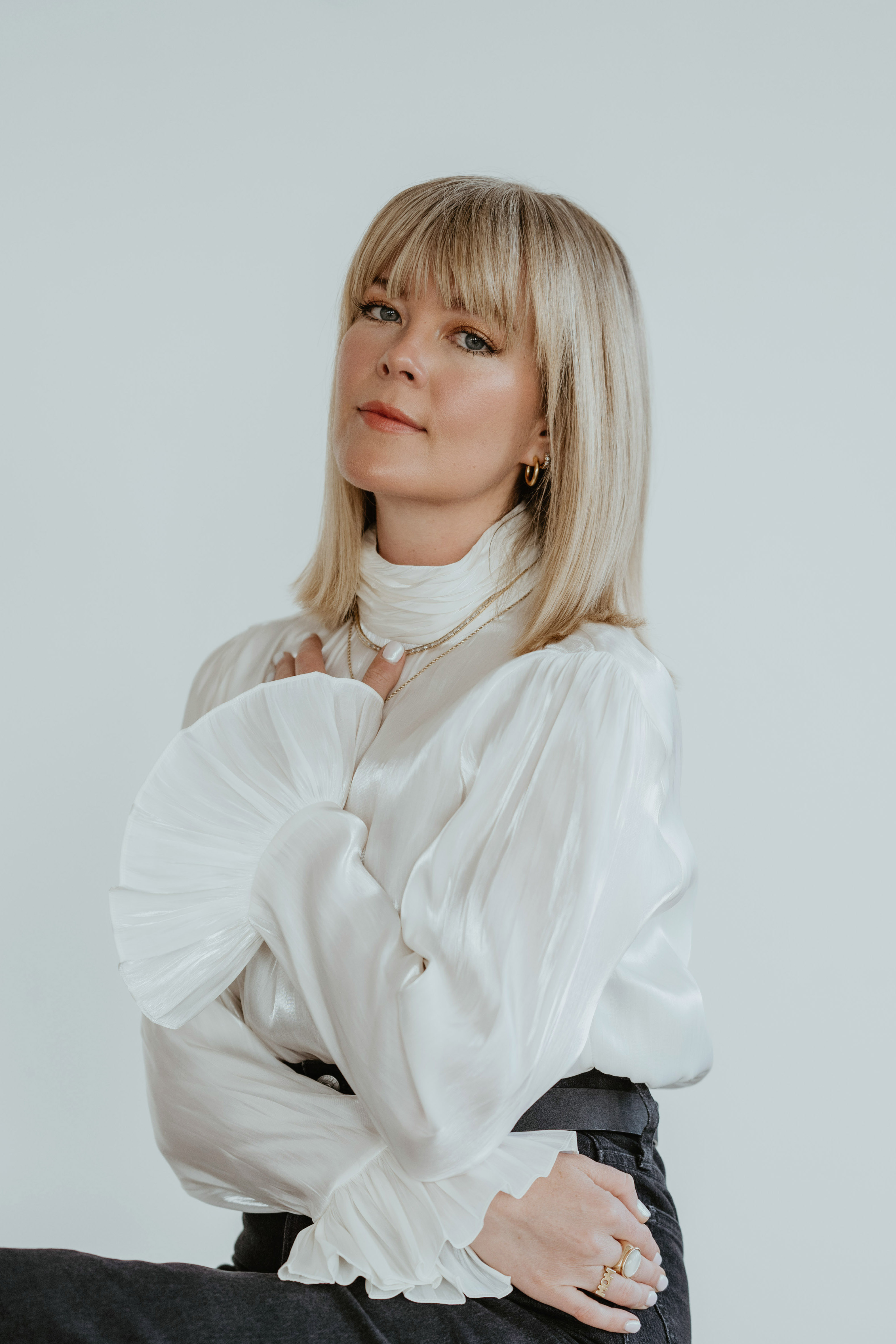
In the year following weaning my first child from breastfeeding, I visited a naturopath, an internist, an acupuncturist, a massage therapist, an energy healer, a talk therapist, and, most earnestly, my local pelvic floor expert, self-dubbed the “vagina whisperer” for an energetic yoni reading.
I drank herbal tinctures, flower remedies, teas, adaptogens, and multivitamins. I had my blood work again and again, took an iron supplement, and was told my adrenals were on the verge of collapse. I was prescribed cortisol which I threw away seconds after paying for it because the pharmacist explained I could die if I suddenly stopped taking it, sending my already sky-high anxiety into crippling overdrive.
I practised affirmations; I meditated, I rage journaled, I walked, I ran, I cried, and I did mirror work. Still, a low buzz of electricity always ran through my veins. In the wee hours, when I could not sleep, I tried to push back the intrusive thoughts that pummeled me—sudden images of catastrophe befalling my family—by visualising the parts of a tree. I did not understand what was happening to me. I was wired but tired with a growing collection of supplements and green juices that were putting me into debt that I couldn’t confess to my husband or myself. My daughter had just turned two years old, and one day, she abruptly told me she was done with “tee-tee” (her name for breastmilk), and I thought that was it. A new phase. More bodily autonomy. No one had warned me what could happen.
I wanted to create an opposite life, free of addiction, violence, and abuse.
Wellness, or the pursuit thereof, has always been my close companion. I’ll never forget being twenty-three, newly in San Francisco for a publishing internship, and wandering into a small grocery store in my neighbourhood. It was nothing like the grocery stores of my youth, those big box mammoths with giant cereal boxes and freezer aisles that you wanted to flee as fast as possible. This one felt different with its magnesium, prebiotic elixirs, and flyers on the community board advertising heart-centred support groups and detoxes that all seemed to call out “solution!” I loved it immediately.
Around that time, I was taking hot yoga classes and trying to reinvent myself after a tumultuous childhood and teen years. All I knew—much like the narrator of my newest novel, Madwoman, Clove—was that I wanted to do everything differently than my parents. I wanted to create an opposite life, free of addiction, violence, and abuse. Something about this grocery store felt in opposition to everything I’d known before. It felt safe and full of possibility. In Madwoman, Clove says, “The safety of radiant health was something I found great meaning in chasing. Unfortunately, it cost a lot of money.”
There was no better feeling than a shipping notice that my new symbiotic probiotic was on the way. These things felt like the antithesis of my childhood. They felt like a way of mothering myself.
When I became a mother, the pursuit of the cleanest foods and the best supplements felt higher stakes than ever. In the throes of my post-weaning hormonal crash, I found myself in the aisles of our local natural grocery store daily with my daughter, spending as long as I could in the wellness department before someone noticed my loitering. If I could only find the perfect curcumin supplement, the best immune support tea, if I could just stock up on ginger shots…It seemed there was something I hadn’t unlocked yet—my microbiome perhaps?—and once I did, the way I felt would stop. I would ascend into being the best mother I could be.
Now, years after this time, eight to be exact, I can look back and understand myself in new ways. Something about the hormonal shift from weaning was not only uncomfortable physically, but it triggered repressed traumatic memories from my childhood. Here I was, with everything I’d always wanted—a safe and loving partner, a smart, precocious daughter, a burgeoning career as a writer. Yet it felt like I was seeing double—my own childhood reflected in my daily reality like a house of mirrors. In response, I researched bone broth, drank celery juice, and went on a bean protocol. I stopped eating every sort of sugar. Gluten and dairy were banished. We were at the natural grocery store so often that my daughter started thinking a woman who worked the checkout line was her grandmother.
Marie Claire Newsletter
Celebrity news, beauty, fashion advice, and fascinating features, delivered straight to your inbox!
There was no better feeling for me than a stocked refrigerator or the shipping notice that my new symbiotic probiotic endorsed by Gwyneth Paltrow was on the way. These things in their beautiful packages felt like the antithesis of my childhood. They felt like a way of mothering myself.
I realised that wellness, or ideas of wellness, felt like some insurance that I would not end up in my mother’s position.
I don’t think I made that connection at the time, but after receiving a very upsetting call about my mother—she’d wound up in the hospital again after a horrific alcohol-induced fall—I realised I was standing nearly inside my refrigerator clinging to a bottle of green juice. The thought came to me—this green juice keeps me safe from the world in which she lives. It was a silly thought, really, that green juice could provide much of anything, but I realised then the ways that wellness, or ideas of wellness, felt like some insurance that I would not end up in my mother’s position. It seemed to be what differentiated us, a marker of my safety in the world I’d created. A marker of the sort of good mother I wanted to be. Maybe even a claim of self-worth. I was worth these nice things, wasn’t I?
In Madwoman, Clove, drinking power-greens smoothies with her two children on the patio of their local grocery store, says, “We all loved the grocery store—I was proud to have passed this love down to them, one of the only good and pure things I could give. The rest of my genetic offerings were fucked.”
The many healers I saw didn’t have any straight answers, and most weren’t educated about post-weaning mood disorder (very little on this has been researched, in fact, despite many women experiencing it). I felt very much alone in figuring it out. Yet slowly, things shifted, and the blinds came back up. And I saw that in the struggle of that year, beyond the supplements and the protocols and the mineralising broths, I had done the most important thing of all, which was to become willing to face the darkest parts of my past and begin the journey of processing and integrating them. I learned ways to regulate my nervous system that had nothing to do with spending money, and I developed a trust and love for my body that, before, I simply did not have or think I needed. Wellness, it turned out, was something I had to find within.
Though, do let me know if you ever unlock the key to that microbiome.
MADWOMAN by Chelsea Bieker is published 5th September 2024 by Oneworld. You can pre-order it here.

-
 Spring has finally sprung - 6 best outdoor workouts that are totally free and boost both body and mind
Spring has finally sprung - 6 best outdoor workouts that are totally free and boost both body and mindSoak in the nature and boost Vitamin D *and* endorphins.
By Anna Bartter
-
 This iconic rose perfume is a compliment magnet—it makes me feel ‘put together’ after just one spritz
This iconic rose perfume is a compliment magnet—it makes me feel ‘put together’ after just one spritzGrown-up and elegant, yet not at all dated.
By Denise Primbet
-
 Prince William and Princess Kate's rare social media move is going viral
Prince William and Princess Kate's rare social media move is going viralBy Jenny Proudfoot
-
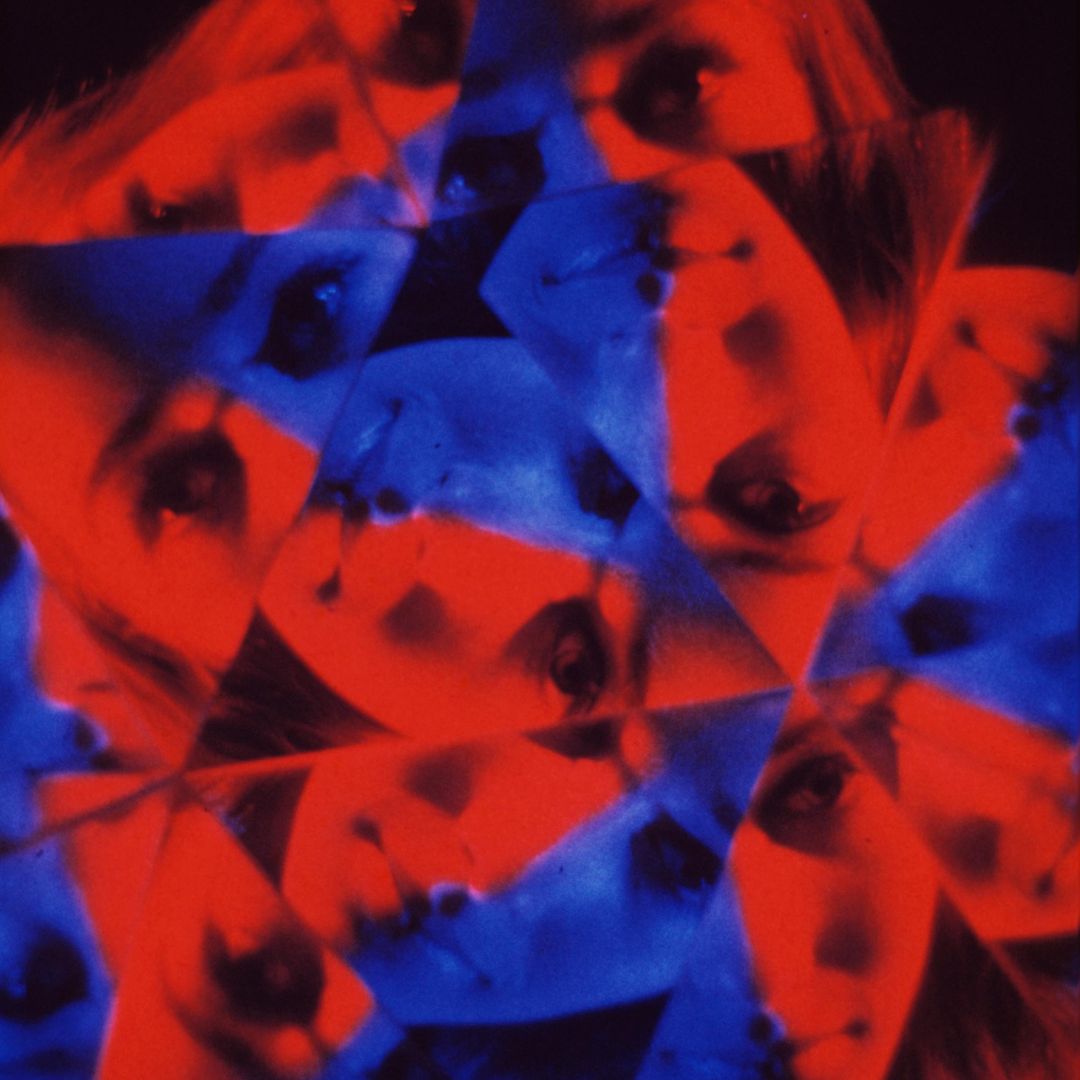 Do you have compassion fatigue?
Do you have compassion fatigue?Here’s how to stay connected with causes you care about while also caring for your own needs
By Yanar Alkayat
-
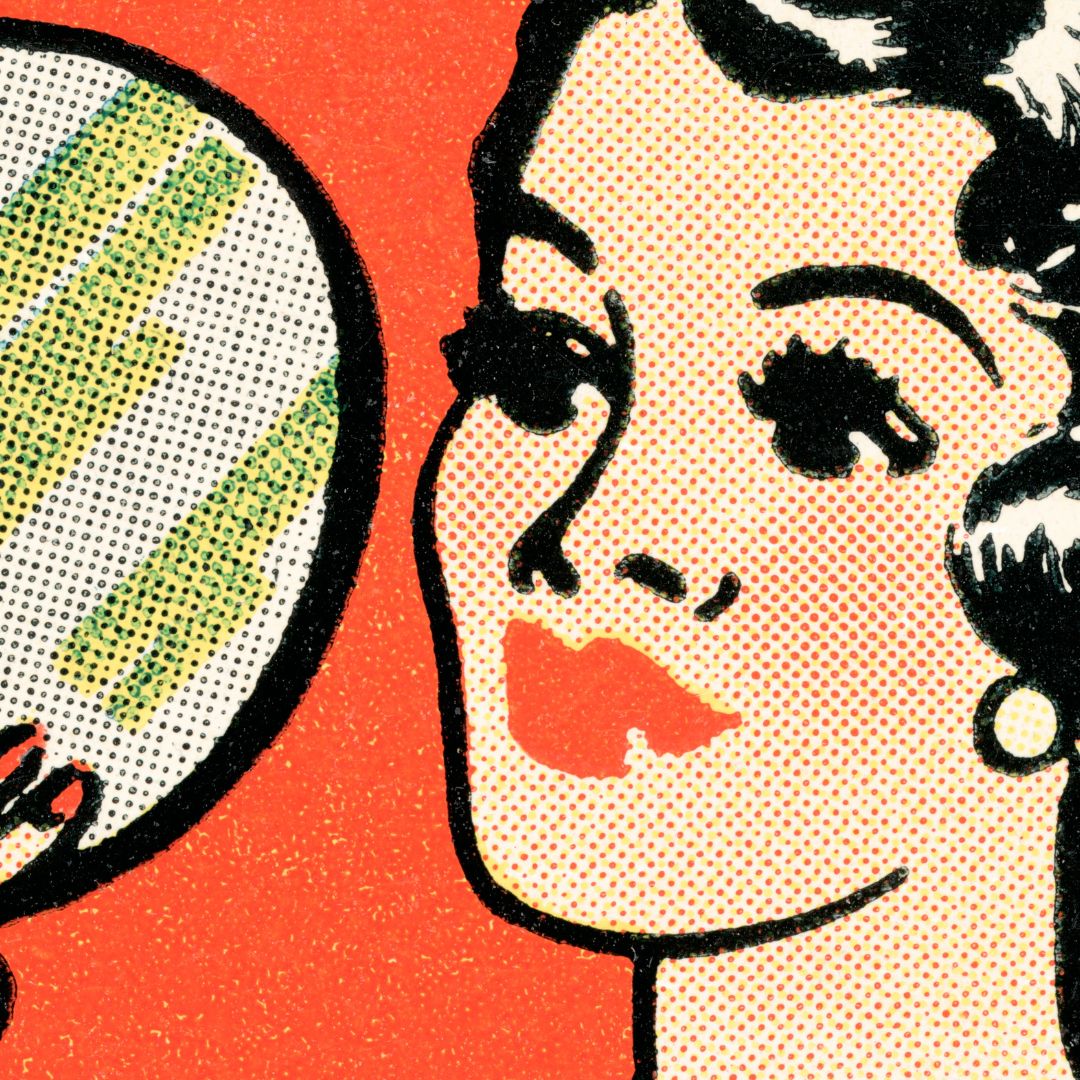 Are they *really* a narcissist? What psychotherapists want you to know about Narcissistic Personality Disorder
Are they *really* a narcissist? What psychotherapists want you to know about Narcissistic Personality DisorderNarcissistic Personality Disorder Narcissism might be a buzzword, but the condition exists, and its impact is devastating
By Mischa Anouk Smith
-
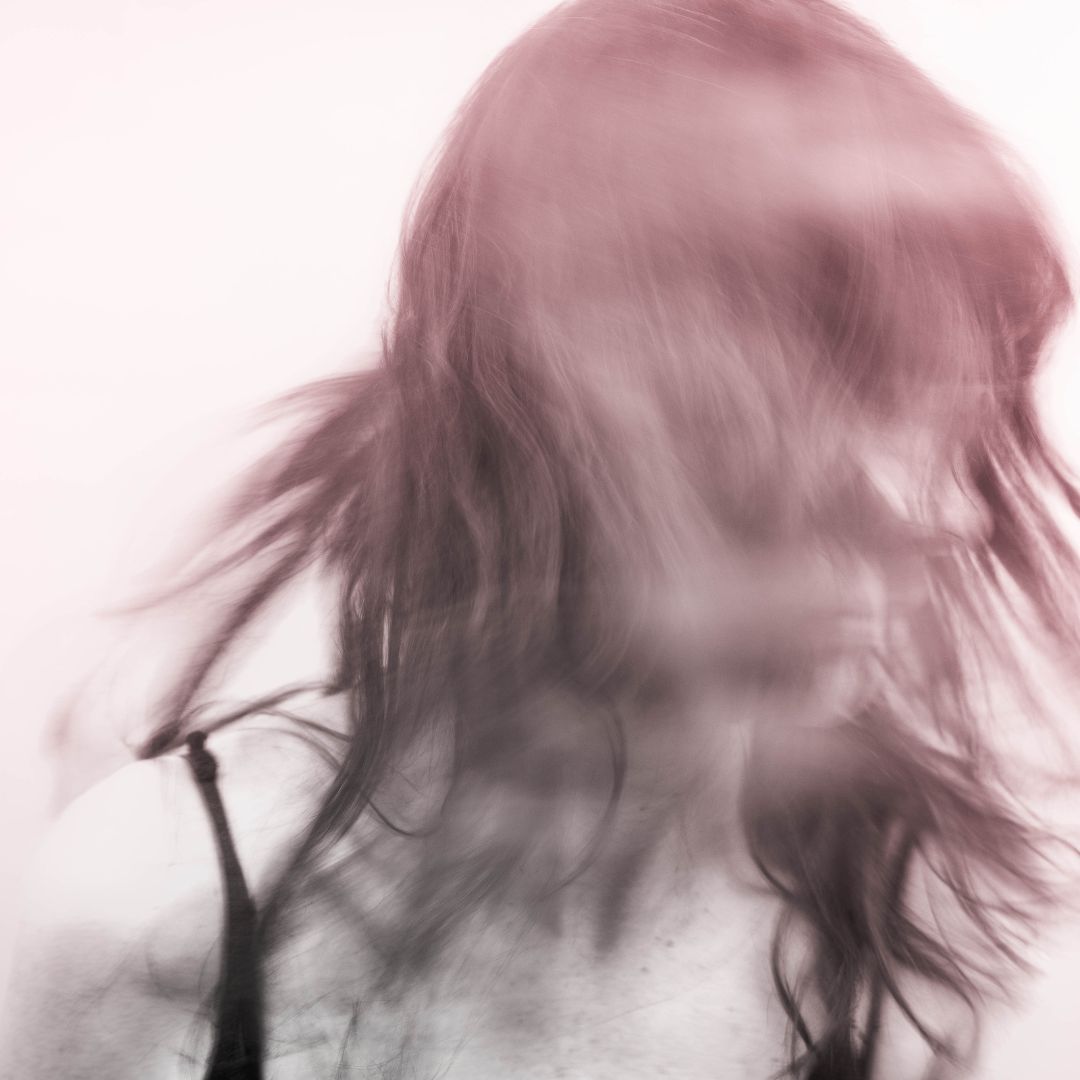 ADHD is a feminist issue: More women that ever are being diagnosed — what took so long?
ADHD is a feminist issue: More women that ever are being diagnosed — what took so long?“I witnessed firsthand how challenging it is for a woman to be heard and receive a proper diagnosis in a world designed for men.”
By Mischa Anouk Smith